Description
The Head in Edward Nugent’s Hand Roanoke’s Forgotten Indians Michael Leroy Oberg “Michael Oberg sheds new light on one of the great stories in early American history. . . . He has tried to reconstruct the history of Roanoke not only from the view of colonists, who left all of the written records, but also from the view of the Native peoples of the region. The narrative is briskly paced and the research is thorough.”–Peter C. Mancall, author of “Hakluyt’s Promise: An Elizabethan’s Obsession for an English America” “[Oberg’s] short, extremely readable work weaves together analyses of developments, causes, and effects with detailed views of the Native and English communities, cultures, leading personalities, and significant events, including their encounters along the Carolina coast. Oberg ends, fittingly and impressively, by tracing the surviving coastal Carolina Indian communities from the seventeenth into the twentieth century. This is an excellent book for U.S. history survey classes. . . . Highly recommended.”–“Choice” Roanoke is part of the lore of early America, the colony that disappeared. Many Americans know of Sir Walter Ralegh’s ill-fated expedition, but few know about the Algonquian peoples who were the island’s inhabitants. “The Head in Edward Nugent’s Hand” examines Ralegh’s plan to create an English empire in the New World but also the attempts of native peoples to make sense of the newcomers who threatened to transform their world in frightening ways. Beginning his narrative well before Ralegh’s arrival, Michael Leroy Oberg looks closely at the Indians who first encountered the colonists. The English intruded into a well-established Native American world at Roanoke, led by Wingina, the weroance, or leader, of the Algonquian peoples on the island. Oberg also pays close attention to how the weroance and his people understood the arrival of the English: we watch as Wingina’s brother first boards Ralegh’s ship, and we listen in as Wingina receives the report of its arrival. Driving the narrative is the leader’s ultimate fate: Wingina is decapitated by one of Ralegh’s men in the summer of 1586. When the story of Roanoke is recast in an effort to understand how and why an Algonquian weroance was murdered, and with what consequences, we arrive at a more nuanced and sophisticated understanding of what happened during this, the dawn of English settlement in America. Michael Leroy Oberg is Professor of History at the State University of New York, College at Geneseo. Early American Studies 2007 224 pages 6 x 9 9 illus. ISBN 978-0-8122-4031-3 Cloth $45.00s 29.50 ISBN 978-0-8122-2133-6 Paper $22.50s 15.00 ISBN 978-0-8122-0341-7 Ebook $22.5s 15.00 World Rights American History, Native American Studies Short copy: Examines Ralegh’s plan to create an English empire in the New World but also the attempts of native peoples to make sense of the newcomers who threatened to transform their world in frightening ways.

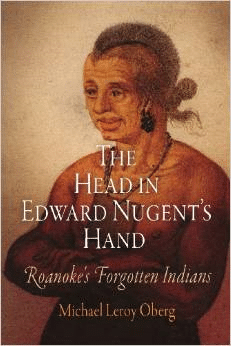
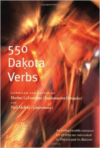
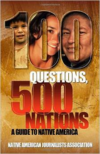
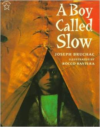
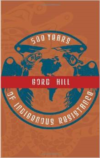
Reviews
There are no reviews yet.